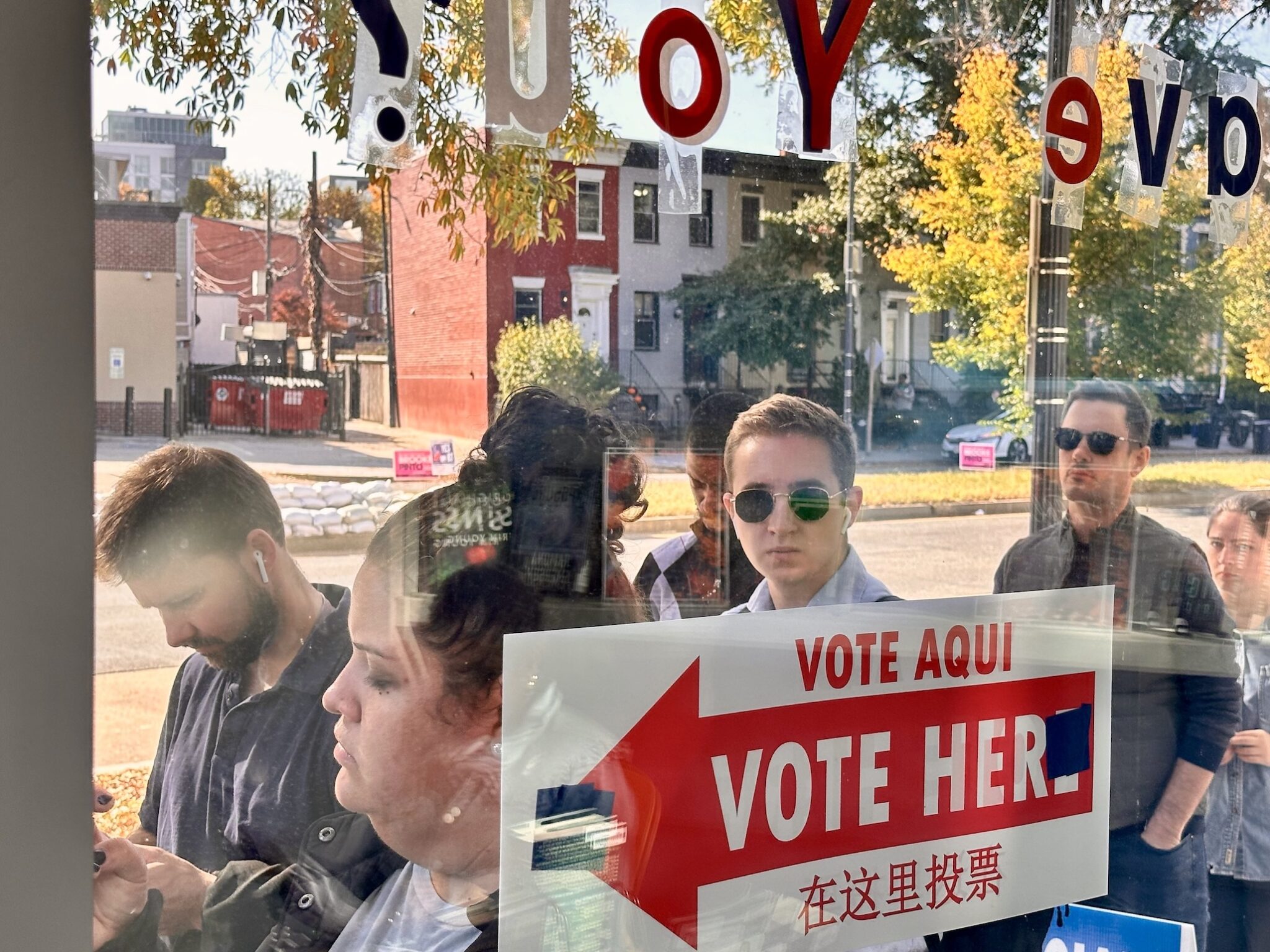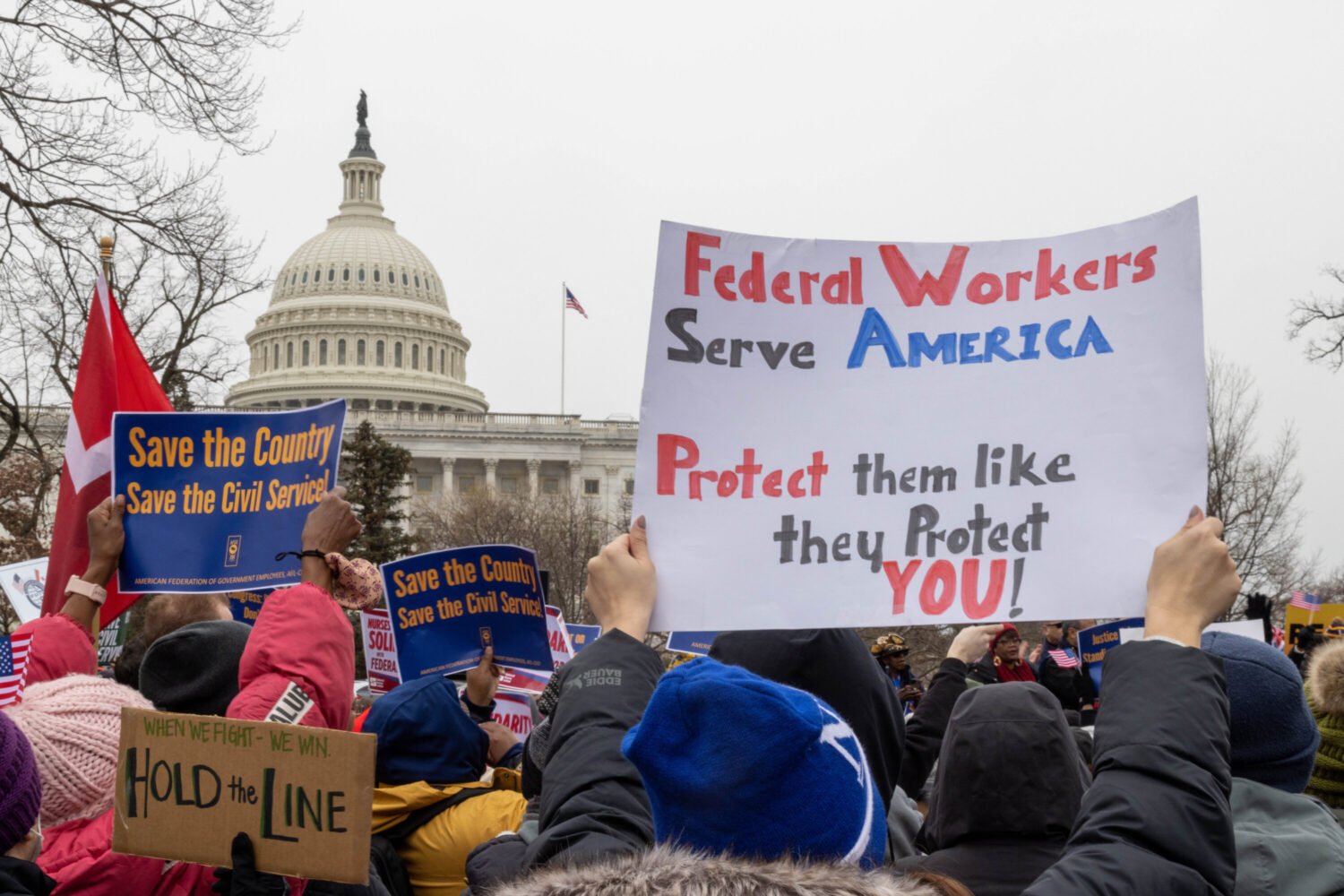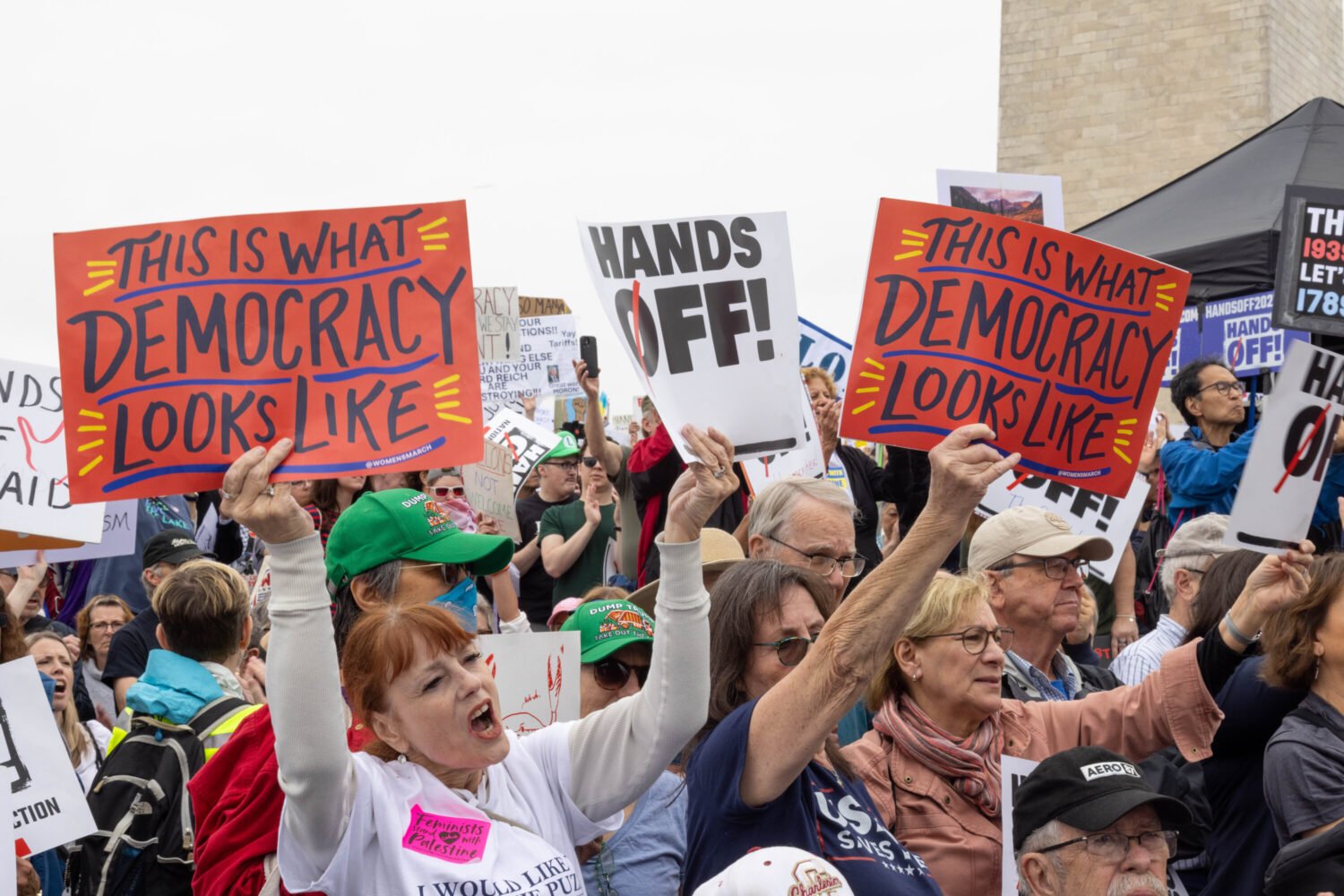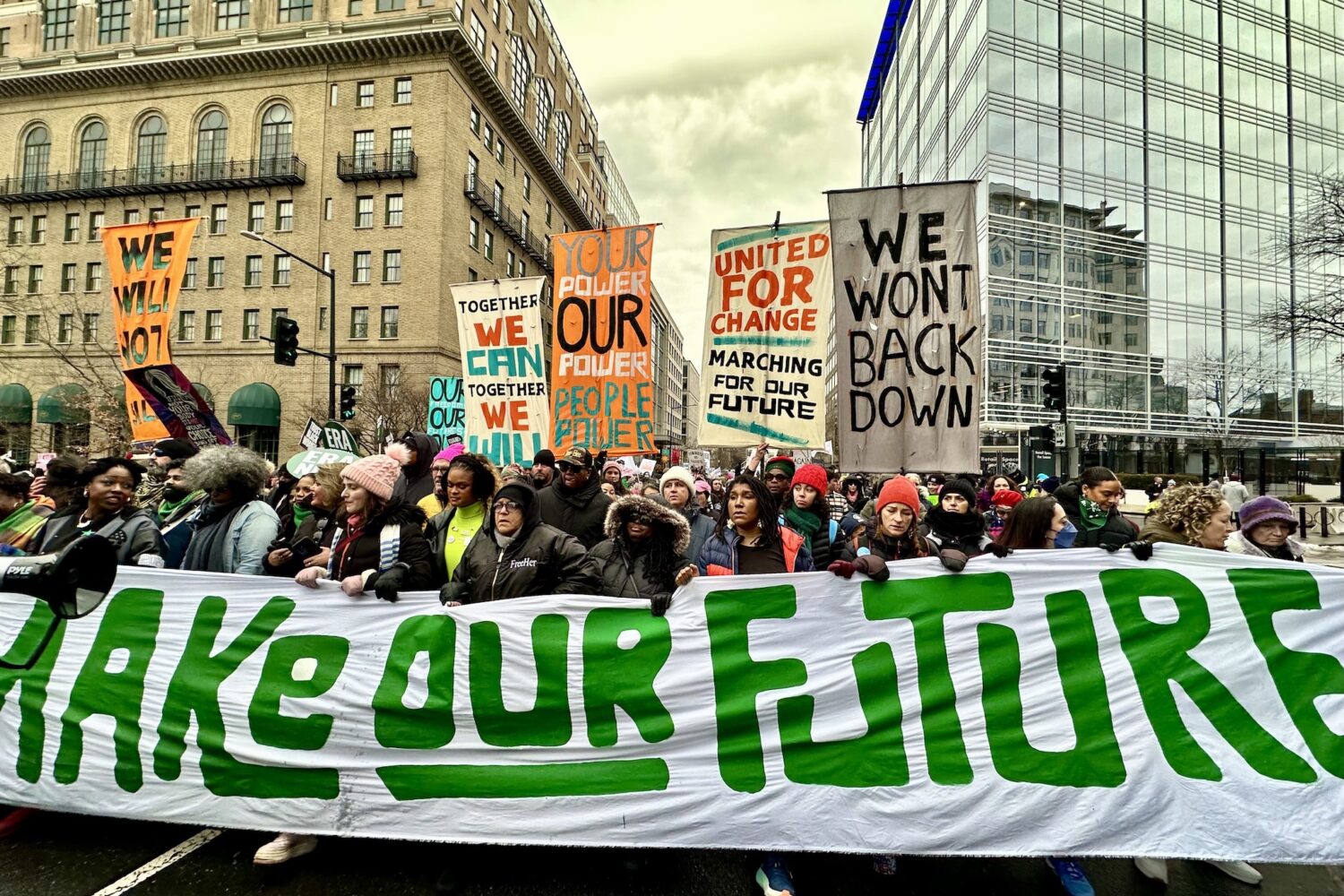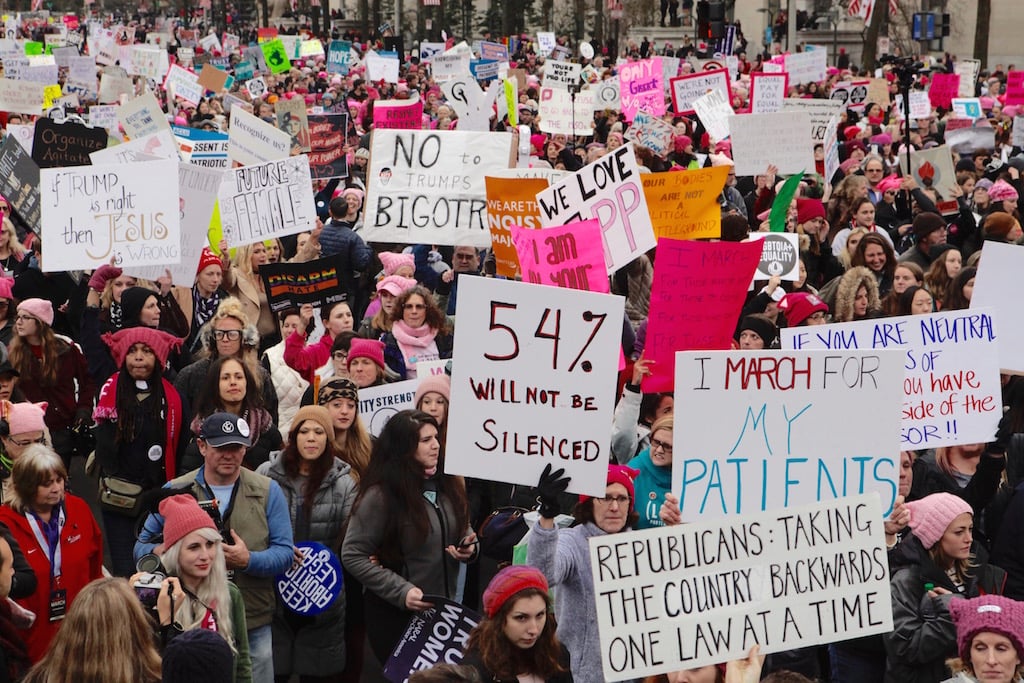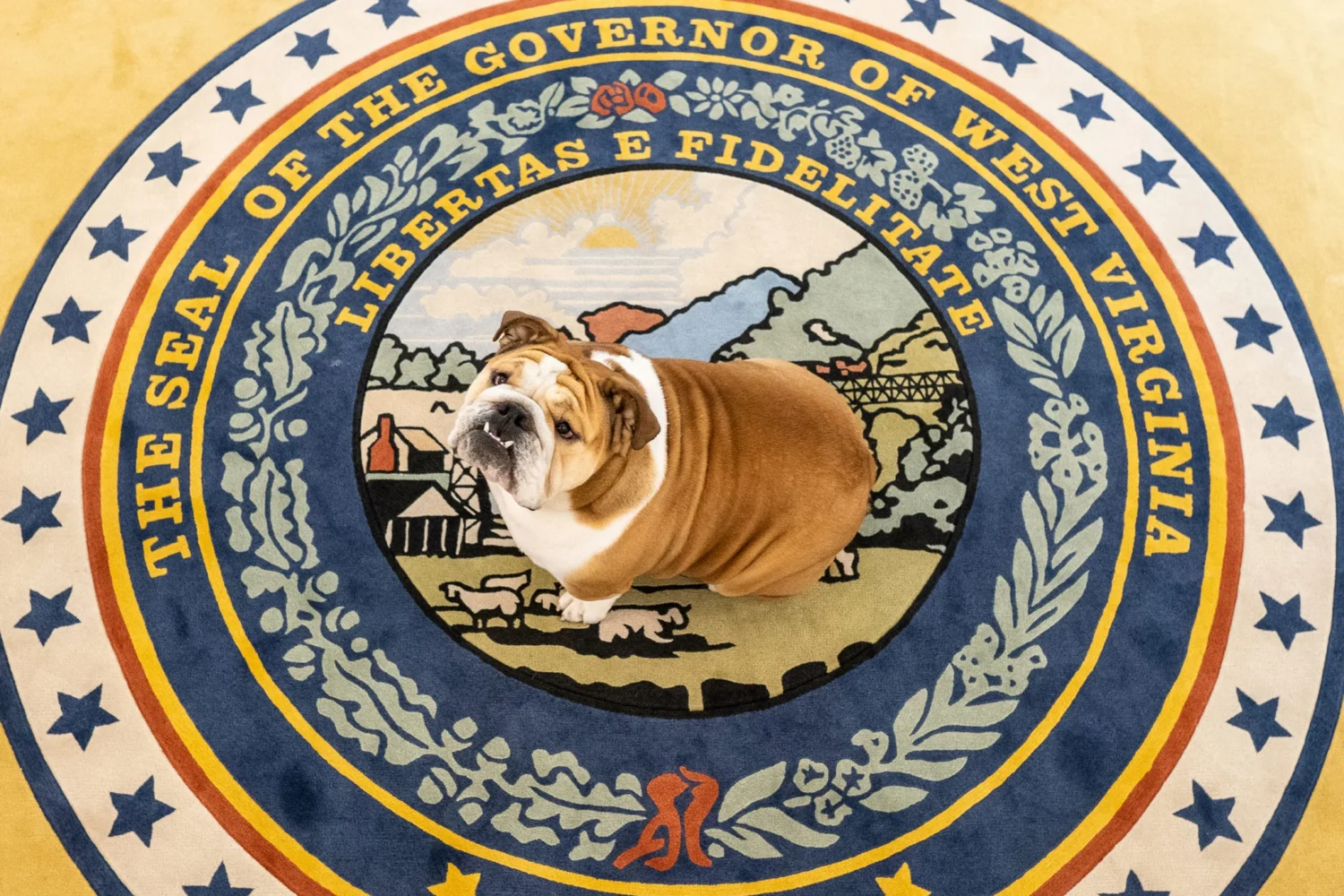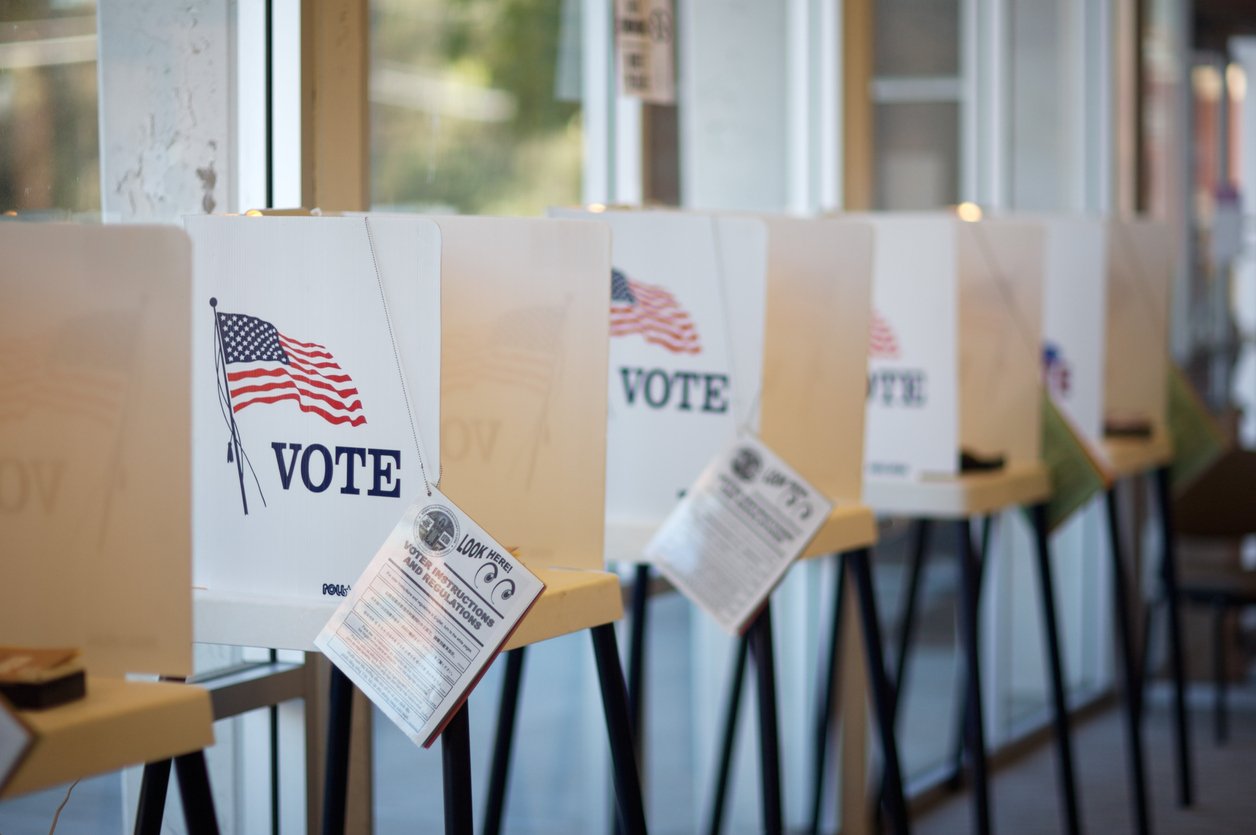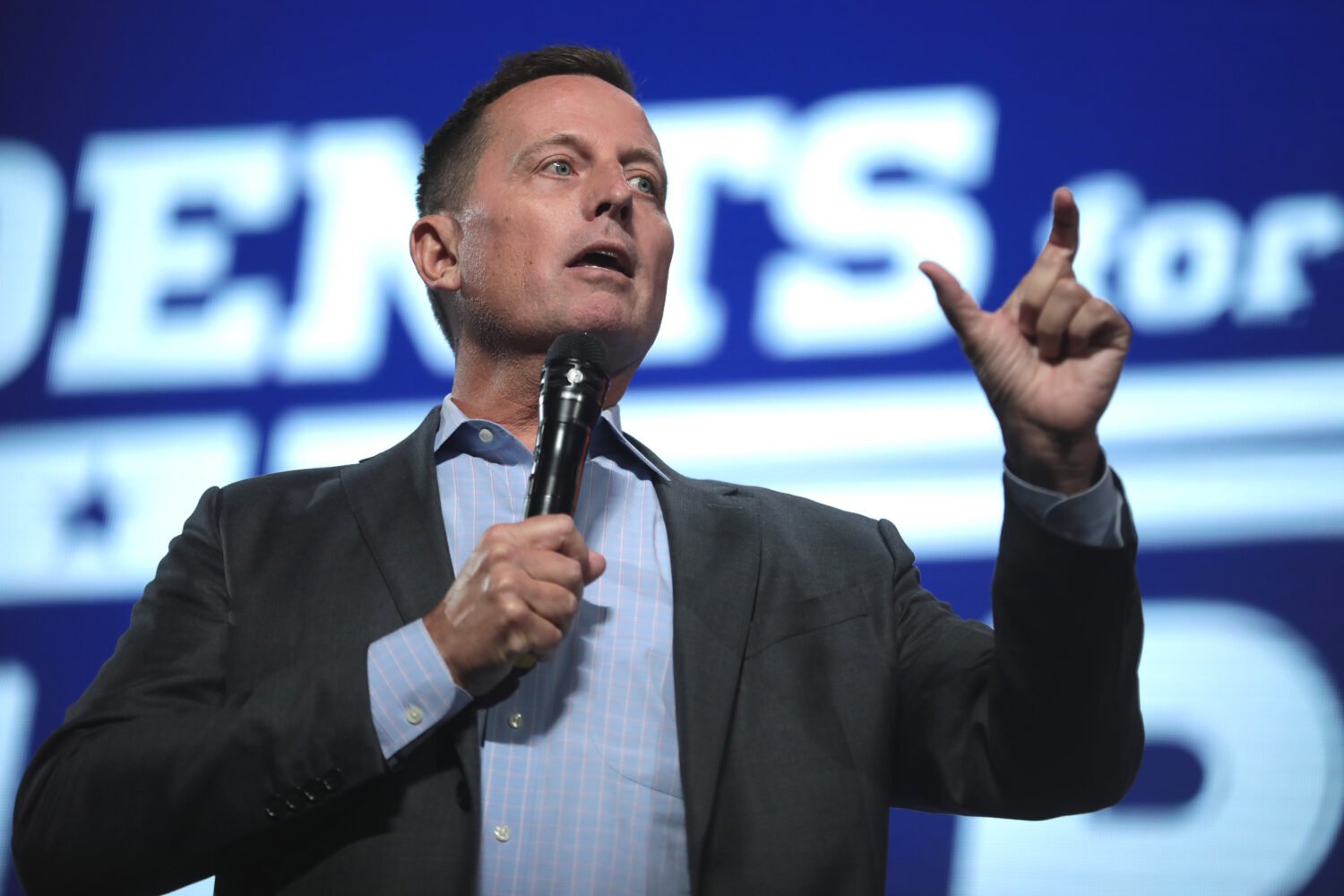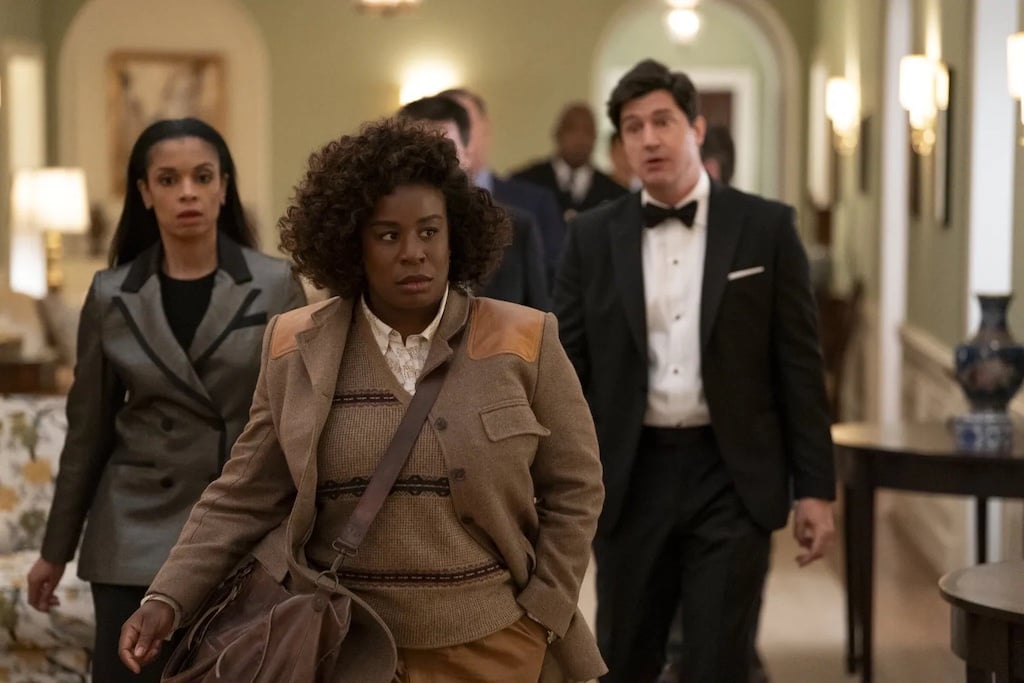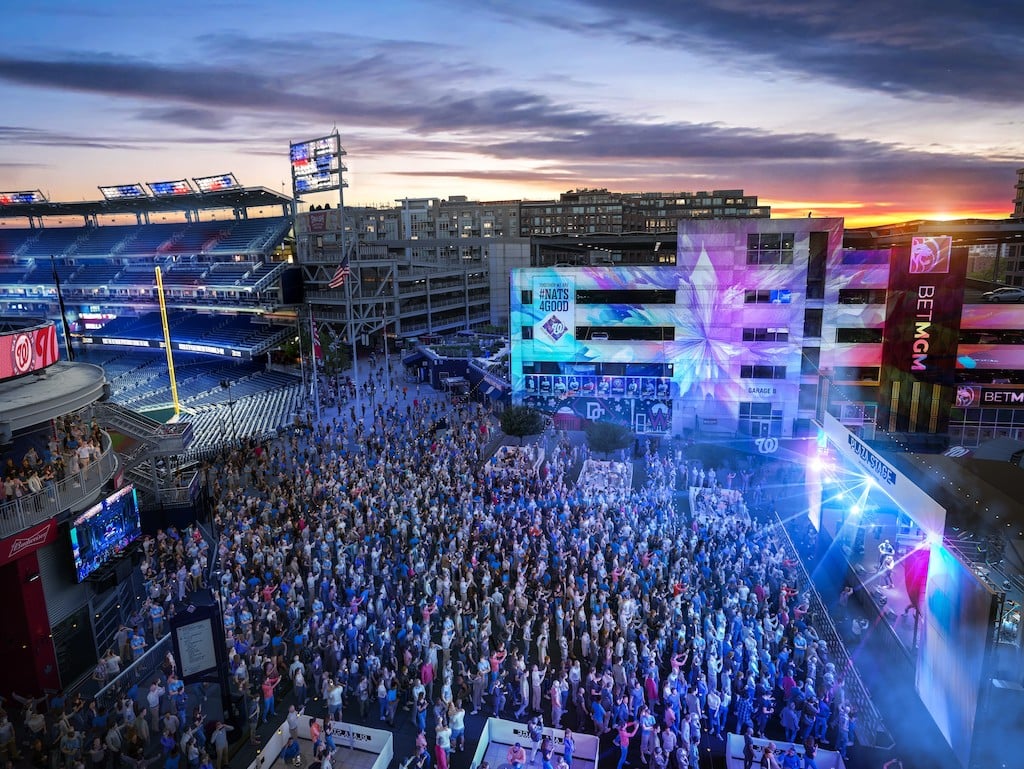By passing Initiative 83, DC voters have decided they want both ranked-choice voting and open primaries in future elections. But District politicos are still deeply split over the coming changes. Will ranked-choice voting create needless confusion, or make elections more civil? Will open primaries give voice to voiceless independents, or open the door to outsized conservative influence? Should the two things even have been bundled into one initiative in the first place?
Washingtonian spoke to political insiders about what happens next. Here’s what they had to say:
More independents could get a voice in DC politics
This was a top priority for the creators of I-83, including registered independent Lisa Rice, who spearheaded the initiative. Since DC is an overwhelmingly blue town, the Democratic primary is the only contest that really matters. Once I-83’s changes go into effect, however, independents and Republicans will be able to vote in that primary, too. Rice points out that many of DC’s independents—like some federal employees—are not allowed to register their political affiliations because of their jobs. “The Democratic party in DC is the power here,” Rice says. “I’m not trying to weaken the Democratic party’s power. I want it to be more inclusive.”
DC politics could shift (slightly) rightward
With roughly 75,000 registered independents and 25,000 registered Republicans potentially voting in Democratic primaries, some believe DC politics could become more moderate. “It’s not going to result in any insurgence by MAGA Republicans, or even libertarians, but it may open the door for an independent to be able to compete,” says longtime political operative Chuck Thies, who supports open primaries but opposed I-83 because it tied them to ranked-choice voting. “We will see more candidates from the center being competitive.”
Local elections could become less negative
Used by nearly 50 US cities for local elections—and by Alaska and Maine for state, congressional, and Presidential elections—ranked-choice systems give voters the option to rank candidates in order of preference rather than choosing just one.
Currently, entrenched multi-term incumbents can often win elections simply by turning out a reliable base of voters—but in a ranked-choice system, they’ll likely have to appeal to their opponents’ supporters, too. Strongly disparaging those opponents could mean alienating their voters—and ending up at the bottom of their priority lists instead of being ranked second or third.
“Ranked-choice voting opens up a whole new type of campaigning,” says at-large councilmember Christina Henderson, who supports both aspects of I-83. “You can’t just turn out your 2,000 people, you need to be able to build a broader coalition and talk to more folks … Even if you might disagree with a candidate on a particular policy issue, you want their voters to rank you high as well.”
Mayor Bowser could lose the next election—or not run at all
Incumbents such as the District’s three-term mayor often depend on challengers splitting the vote against them in order to coast comfortably to victory. Ranked-choice voting would make that less likely, since dominant candidates can’t depend on bases of support that make up less than 50 percent of the vote. Bowser opposed I-83, and some commentators have speculated that if ranked-choice voting goes into effect in time for the 2026 election, she would be more vulnerable to challengers and might choose not to run again.
The DC Council could hamstring or substantially change the bill
I-83’s future is far from certain. It’s an unfunded mandate, which means that the DC councilmembers must allocate money to implement it. Their vote, which will likely take place early next summer, won’t be just a routine bit of bureaucracy. Several members have publicly opposed or raised doubts about open primaries, and the body has the power to vote down the initiative altogether, as it did with an initial tipped minimum wage ballot initiative in 2018.
More likely, the council could reinterpret the initiative and fund only one aspect of it—or make other alterations. “They don’t have to overturn the whole thing,” Thies says. “They can pick it apart. I could easily see this council approving ranked choice voting and hamstringing open primaries by not funding it.”
Henderson agrees. “In an ideal setting, we’ll just fund it, but I don’t think that’s going to happen,” she says. “Unfortunately, in the District, we have a lot of history of the council meddling and or overturning the will of the voters.”
Ward 6 Councilmember Charles Allen, who opposed I-83, feels that combining ranked-choice voting with open primaries was a misleading trick. He also thinks some alterations to the reforms it proposes could still be consistent with voter will. “There’s one part of this ballot initiative that I really support, and another part that I don’t, so I can’t support this,” Allen says. “By putting these two things into one ballot initiative, they’ve confused a lot of voters.”

